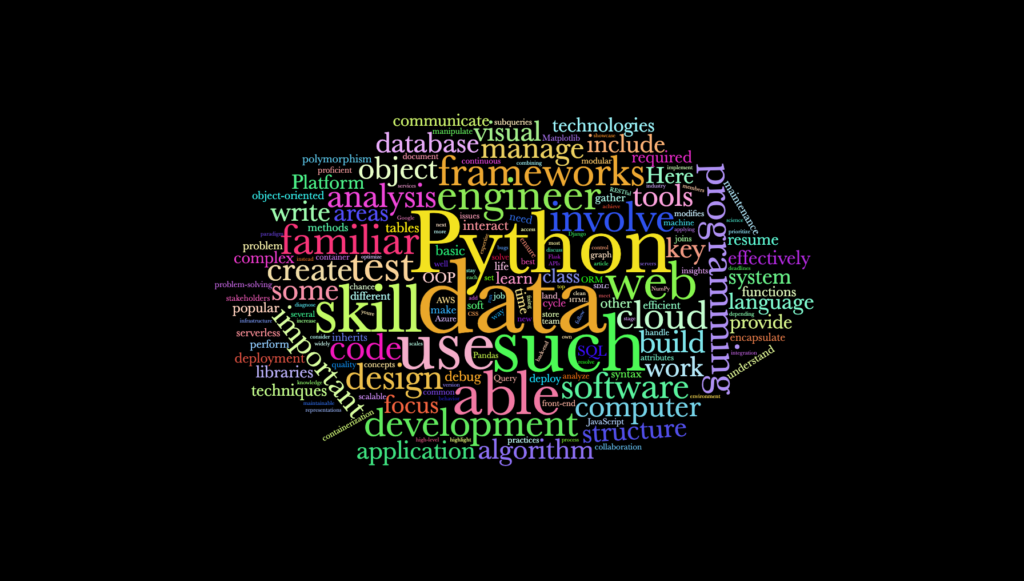
Master Python Fast: Ultimate Cheat Sheet for Beginners & Pros
Python is one of the most popular programming languages due to its simplicity, versatility, and extensive community support. Whether you’re a beginner or an experienced developer, having a handy Python cheat sheet can save time and boost productivity. This guide provides a comprehensive and user-friendly reference to essential Python commands and syntax.
Downloadable PDF Cheatsheet: Here
Basic Syntax
Variables and Data Types
# Variable assignment
x = 10 # Integer
y = 3.14 # Float
name = "Python" # String
is_valid = True # BooleanOperators
# Arithmetic operators
sum = 10 + 5 # Addition
product = 10 * 5 # Multiplication
division = 10 / 2 # Division
modulus = 10 % 3 # ModuloControl Flow
Conditional Statements
x = 10
y = 20
if x > y:
print("x is greater")
elif x < y:
print("y is greater")
else:
print("x and y are equal")Loops
# For loop
for i in range(5):
print(i)
# While loop
count = 0
while count < 5:
print(count)
count += 1Data Structures
Lists
my_list = [1, 2, 3, 4, 5]
print(my_list[0]) # Access element
my_list.append(6) # Add elementTuples
my_tuple = (1, 2, 3)
print(my_tuple[0])Dictionaries
my_dict = {"name": "Alice", "age": 25}
print(my_dict["name"])
my_dict["city"] = "New York"Sets
my_set = {1, 2, 3, 4}
my_set.add(5)Functions
def greet(name):
return f"Hello, {name}!"
print(greet("Alice"))
# Lambda function
square = lambda x: x * x
print(square(5))Modules and Packages
import math
print(math.sqrt(16))
from datetime import datetime
print(datetime.now())File Handling
# Writing to a file
with open("file.txt", "w") as f:
f.write("Hello, Python!")
# Reading from a file
with open("file.txt", "r") as f:
content = f.read()
print(content)Error Handling
try:
result = 10 / 0
except ZeroDivisionError:
print("Cannot divide by zero!")
finally:
print("Execution completed.")Object-Oriented Programming (OOP)
class Animal:
def __init__(self, name):
self.name = name
def speak(self):
return "Animal sound"
class Dog(Animal):
def speak(self):
return "Woof!"
my_dog = Dog("Buddy")
print(my_dog.speak())Common Libraries
NumPy (Numerical Computing)
import numpy as np
arr = np.array([1, 2, 3, 4])
print(arr.mean())Pandas (Data Analysis)
import pandas as pd
data = {"Name": ["Alice", "Bob"], "Age": [25, 30]}
df = pd.DataFrame(data)
print(df.head())Requests (HTTP Requests)
import requests
response = requests.get("https://api.github.com")
print(response.status_code)Practical Applications
- Data analysis and visualization
- Web development
- Automation and scripting
- Machine learning and AI
Tips and Best Practices
- Use meaningful variable names.
- Follow PEP 8 styling guidelines.
- Write modular, reusable code.
- Use comments to explain complex logic.
Conclusion
This Python cheat sheet serves as a quick reference for essential commands and syntax, helping both beginners and professionals streamline their workflow. Keep it bookmarked for easy access and continuous learning.